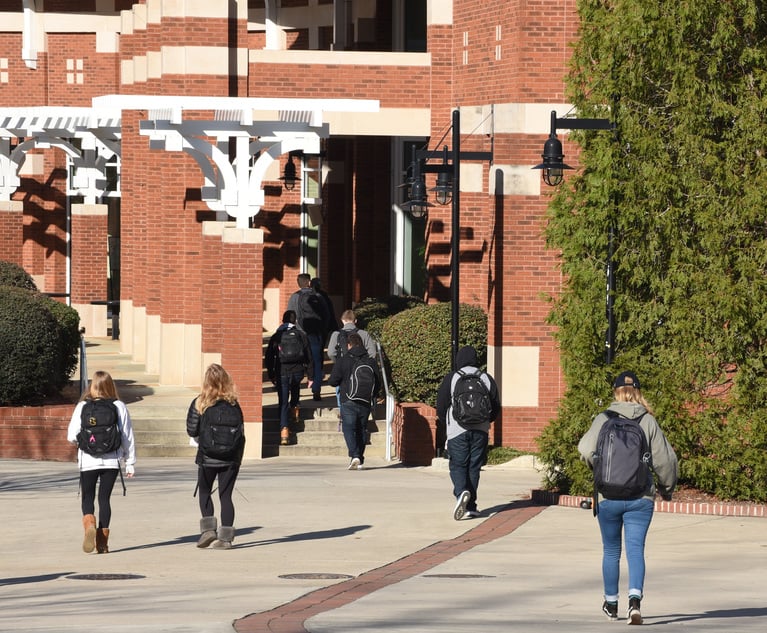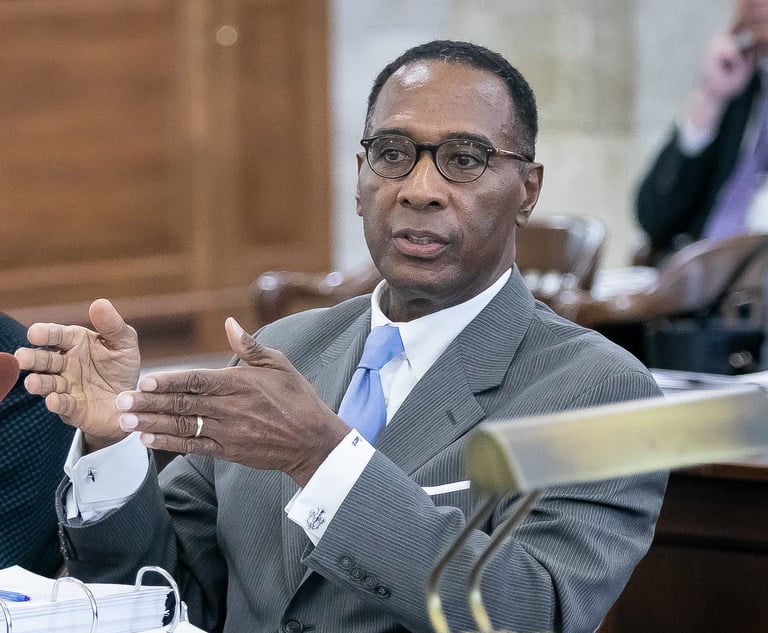Private property rights are a cornerstone of our legal system, providing individuals with the freedom to acquire, use and dispose of their property as they see fit. The U.S. Constitution explicitly provides protection of private property rights as a fundamental aspect of individual liberty. Yet, this liberty often intersects with our government’s responsibility to safeguard vulnerable populations, such as low-income tenants, from exploitation and homelessness. Balancing these interests is a complex task, requiring careful consideration of legal, economic, and ethical factors. Nobody wants to have to displace a family or individual from their home because they can no longer afford to live there, but unfortunately that exact scenario happens every day, and we must balance this issue against a property owner’s right to own and operate their property as they see fit. In a much broader sense, these competing interests trigger a careful balancing act between capitalist principles and socialism.
The New Jersey tenants’ movement was born out of tenants reaction to substantial rent increases beginning in the early 1970s, often accompanied by cutbacks in maintenance. As a result, tenant leaders formed the New Jersey Tenants Organization which sought to organize on a local level when it became apparent that the state legislature was unwilling to take action. These actions were taken by the organization despite the New Jersey Supreme Court holding in 1957 that localities could not enact rent controls which were not specifically authorized by state statute (Wagner v. Newark, 24 N.J. 467). In 1973, after 18 cities had adopted local rent control ordinances, the court overruled its 1957 decision.


 Credit: faber14/Adobe Stock
Credit: faber14/Adobe Stock




